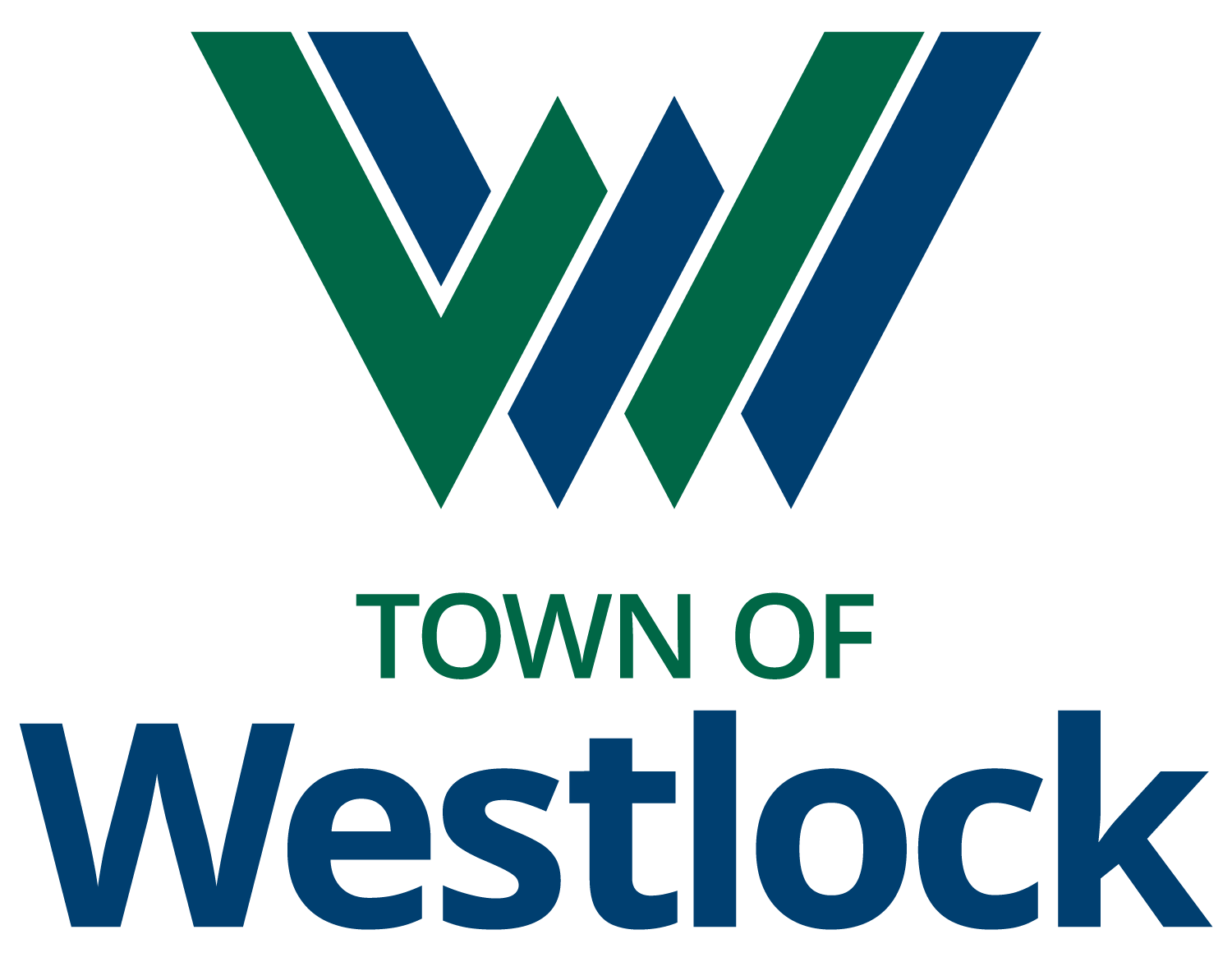Emergency Management
Emergencies can happen at any time. Knowing the risks in our region and taking simple steps to prepare can protect you, your family, your pets, and your business.
Be Ready for Anything
Natural disasters may be out of our control, but preparation isn't.
-
Know your risks
-
Make a plan
-
Build a 72-hour emergency kit
Visit Public Safety Canada or Alberta Emergency Preparedness to build your emergency plan and kit.
Pets are family, too!
Include your pets in your emergency plan. Visit the Canadian Disaster Animal Response Team (CDART) for tips.
Emergency Preparedness Week
Each May, Emergency Preparedness Week encourages Canadians to take action to prepare for emergencies. It’s a national effort led by all levels of government, Indigenous organizations, and community partners.
Start here:
-
Learn the risks in your region
-
Make a family emergency plan
-
Get an emergency kit ready
-
Visit getprepared.ca for resources.
Alberta Emergency Alert
The Alberta Emergency Alert system shares critical alerts via:
-
TV and radio
-
Mobile notifications
-
Social media (Twitter/Facebook)
Stay informed during:
-
Severe weather
-
Wildfires
-
Flooding
-
Hazardous spills
-
Other emergency situations
Shelter-in-Place
Shelter-in-place is a safety measure used during specific emergencies, such as a hazardous chemical release, when it is safer to stay indoors than to evacuate.
When to Shelter-in-Place:
You may be advised to shelter-in-place during:
-
Chemical spills or toxic gas releases
-
Industrial accidents
-
Severe weather events
What to Do:
-
Go indoors immediately – Choose a small, interior room with as few windows as possible.
-
Shut all doors and windows – Close and lock them to help seal off the room.
-
Turn off ventilation systems – Shut down furnaces, air conditioners, exhaust fans, and fireplaces.
-
Listen for instructions – Monitor local radio, TV, or trusted social media sources for updates.
-
Stay put until given the all-clear – Emergency officials will notify you when it’s safe to leave.
Having duct tape and plastic sheeting on hand can help seal doors and vents more effectively in certain situations.
Connect with Us
Stay informed about emergency updates and essential community notices.
Subscribe to alerts about:
-
Utilities
-
Road closures
-
Emergency services
-
Council updates
-
Crime prevention
Support Local Response: EMLCanada Partnership
Local disasters need local solutions.
We’ve partnered with Emergency Management Logistics Canada (EMLCanada.ca) to better manage and access local resources during emergencies.
Are you a local business or community group?
Join our emergency resource list and be part of Westlock’s coordinated response.
-
Create a business profile on the EML Platform
-
Keep your info up to date so we can reach you in times of need
-
Use promo code CRCAB to register for free, thanks to a partnership with the Canadian Red Cross
Scan the QR code below or visit EMLCanada.ca to learn more.
Transporting Dangerous Goods
Each year, hazardous materials are safely moved across Canada by road, rail, water, and air. Transport Canada’s Transportation of Dangerous Goods (TDG) Directorate works to ensure public safety.
They’ve prepared Safety Awareness Kits with helpful handouts for residents.
Click here to access these resources
Contact Us
Town of Westlock
Town Office
10003-106 Street,
Westlock, Alberta T7P 2K3
Ph: 780-349-4444
Toll Free: 1-866-349-4445
Fax: 780-349-4436
Email Us: info@westlock.ca
After Hours/On-Call:
780-349-0178
